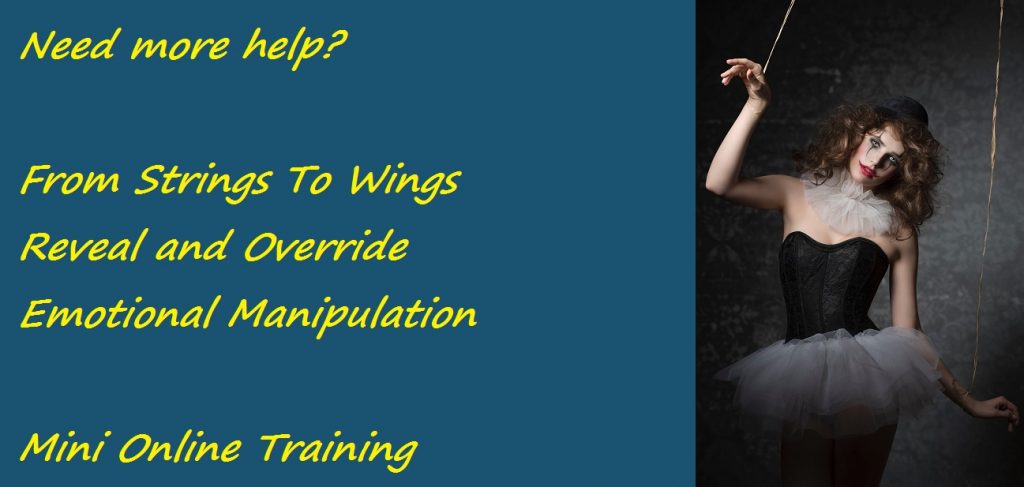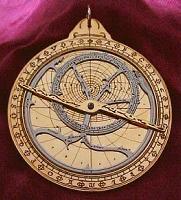The list of what we can benefit from Self-Knowledge from Best Choices through high Self-Esteem to better Conflict Resolution
…and many more

“Know Thyself” was written in gold in the forecourt of the Apollo temple in Delphi. There were those who believed it descended from heaven. Psychologists use this proverb as verification of their point of view such as: “See! Even the wise ancient Greeks told you so.”
Once, while attending college, I went to an exam for Clinical Psychology. Before the real deal, somehow my musician past came up when the examiner – therapist himself – responded with two words: – “Diffuse Identification”. I was quite embarrassed, and felt very uncertain but annoyed at the same time. Why?
I wasn’t sure if changing a career path is really identical with diffuse identification, but the labeling and using the exam situation for diagnostics made me mad. On the other hand, this provoked me to think about my choices: how did I gravitate towards a musician career and why did I change? It gave me pause and I reflected about those choices and circumstances – and also some recognition about the professor’s behavior: Why exactly did he show off with his instant diagnostic ability?
I am sure you can recall similar events from your life, and probably you agree with me: had we known more about ourselves, we would have responded more appropriately.
The worth of Self-Knowledge seems to be self-evident, yet filling the “whys” into words doesn’t come easy.
Let’s take this into account and determine the value of Self-Knowledge?
1 CHOICES
Before a career choice, I usually say to people to think about the following: one third of your adult life you will spend in your workplace! It has to be something that you enjoy.
Aha, but there is a catch! – It reflects on my priorities! I prefer joyful activity higher than money or anything else, but others might prefer money, prestige or authority above all. This is why I think every advice is somewhat lacking: it is based on the other person’s character, principles and values.
In the area of choices, the advantage of Self-Knowledge is the most obvious: the more we are aware of our characteristics, the better we chose a fitting job, partner, friends and lifestyle.
On every occasion, we need to overview hundreds of different variables:
In a career choice:
– Do I prefer money more than the joyfulness of an occupation? Can I withstand monotony? Do I have the appropriate skill for that particular job?
In the choice of a partner:
– Is the reliability of a partner more important than the physical attractiveness or the parenting skill?
In friendships:
– Do I need only a few but deep, honest friends or do I need the company of lots of friends even if the connection is superficial?
In a hobby:
– Should I join a book club or rather a mountaineer team?
In parenting:
– Should I force more clothing onto the children or only my “warm-loving self” makes me feel like I’m too cold for a single sweater?
2 CONFLICTS
The harder the situation becomes when we are in conflict with someone. How many times were you hit at your heart when you were told you are too quick, too slow, too lazy, too busy, never finish anything, unable to adjust, unable of doing things right… Hurtful and embarrassing, isn’t it?
It is, especially if you are not sure whether it is true or not? What action is necessary; thinking about a possible change, or arguing about the truthfulness of the statement?
When you have to argue or compromise, you really need solid ground. It must be determined what is rightful critique and requires admittance and what is a false observation and needs to be rejected. This is always hard in the heat of the moment.
Being clear and confident about our personality, skills and habits makes us less vulnerable when our character is criticized. If we know who we are, we can shake off the bad feeling from ourselves.
3 ACHIEVEMENTS – GOAL SETTING
The famous Hungarian Pianist and Composer Ferenc Liszt said: “The talent obliges.”
I agree. If you have talent you are expected to develop it and the same time you will be happy to practice it, not to mention how it will elevate your Self-Esteem. Find out your special talent! You will be a happier, better person if you know what you are good at – the more the better – and improve those skills.
Don’t say you don’t have talent! There is no person who is not good at something! If not skiing then cooking, if not cooking then maintaining friendships, if not that than solving riddles…
There are so many areas of the world from academic achievements to emotional intelligence, from athletics to music; I’m 100 % sure you can find something worthy to develop and set appropriate goals accordingly.
4 HEALTH and BALANCE
Being aware of your special type helps you to maintain your health and balance. It’s never the style or a certain type that’s problematic, but rather when someone drifts to the extreme.
Let’s say you’re an extravert person and love social gatherings. It’s OK, and a good choice for your type, but you need to allow some time to relax and withdraw otherwise you would exhaust yourself.
Naturally the opposite is true as well: if you are an introvert and you like to be on your own with a good book it is completely OK. However, you need to be careful not to isolate yourself completely.
Creating balance requires the knowledge of what is on one side and what is on the other.
5 SELF-ESTEEM
Self-Knowledge and Self-Esteem comes hand in hand. Until you know who you are, how could you be confident? What are you proud of if you don’t know your talents? Self-Knowledge is the best builder of Self-Esteem.
6 SOCIAL CONNECTIONS
I already mentioned that choosing the right partner is easier if you know yourself. Keeping up good connections, finding compromises and solving problems is also easier if you are quite clear about your own world. For example: it can be your needs, your expectations, your values, and your personality.
– By the way, the WISE LOVE program was designed to help partners to know themselves and each other in the above mentioned categories!
7 CHILD REARING
If you raise children you have one more reason to know yourself:
Are you short tempered? – You need to discipline yourself not to hurt the children with your temper. (Maybe Anger Management training would help?)
Are you impatient? – The next time when you’re about to lose your patience, you need to remember that your tension comes from your impatience, not from the children’s behavior!
Are you too permissive? – If you have difficulty deciding whether or not letting the children go or you need to stand up for discipline, this knowledge might help you to choose the right response.
In child rearing, everything is two sided: one is their behavior – the other is the parent’s evaluation of it. Bringing the best decisions requires deep knowledge about our traits: what are our reference points on which our evaluations are based?
You can even deepen this awareness by thinking back to your childhood and keeping in mind what sort of treatment helped you and what hurt you. Thinking about your parent’s habits and what came through to your parenting style, plus deciding if it is desired and willful or automatic can make a huge difference in child rearing.
8 UNVEILING OUR BLIND SPOTS
Believe it or not: we all are full of features we are unaware of that might be good or bad. Our conscious ego needs an effective filter in order to guide us through our everyday lives and not to be overwhelmed by contradictory thoughts, feelings and judgments.
We have an army of “self-defense” which saves us from unwanted complications: we can repress or suppress inconvenient feelings; we can bring up rational explanations which might be true, but not the real reason of an action; we can intellectualize; we can deny; we can separate the rational and the emotional component of an event. We might behave unacceptably but not willing to acknowledge it and avoid shame. Bear in mind, the list is long.
These unconscious defense mechanisms are helpful to relieve the ego from continuous struggle with our inner psyche. But if we let any or some of them dominate our psychic life and we are not willing to acknowledge the presence of some difficulty, weakness or bad behavior, we miss the chance to solve some potentially serious problems.
What lives in our unconscious might be terrible or terrific, but until it is conscious it affects, even directs our life without the chance of our ego conscious control. When we really want to keep the rein in our hand, we need to know how we conduct ourselves!
9 FINDING OLD AGE PEACEFULNESS
You might say: “Where am I from that? First I have to get a job, establish an existence and a family, I have to get a house, raise the children and save for retirement… ”
Yes you’re right. These come first. But what comes after if you have accomplished all of that? What will keep you happy and active when you don’t have to think about these assignments? If you want a meaningful old age – or even meaningful spare time in your assignment as well as full adulthood, you need to know what makes your heart sing!
Can you add more? I’d be happy to hear from you!
Are you interested? Want more about this topic?

 Once I had a friend. I loved her dearly not because she was so obedient and easy to handle, but because of her firm, opinionated nature…
Once I had a friend. I loved her dearly not because she was so obedient and easy to handle, but because of her firm, opinionated nature…








